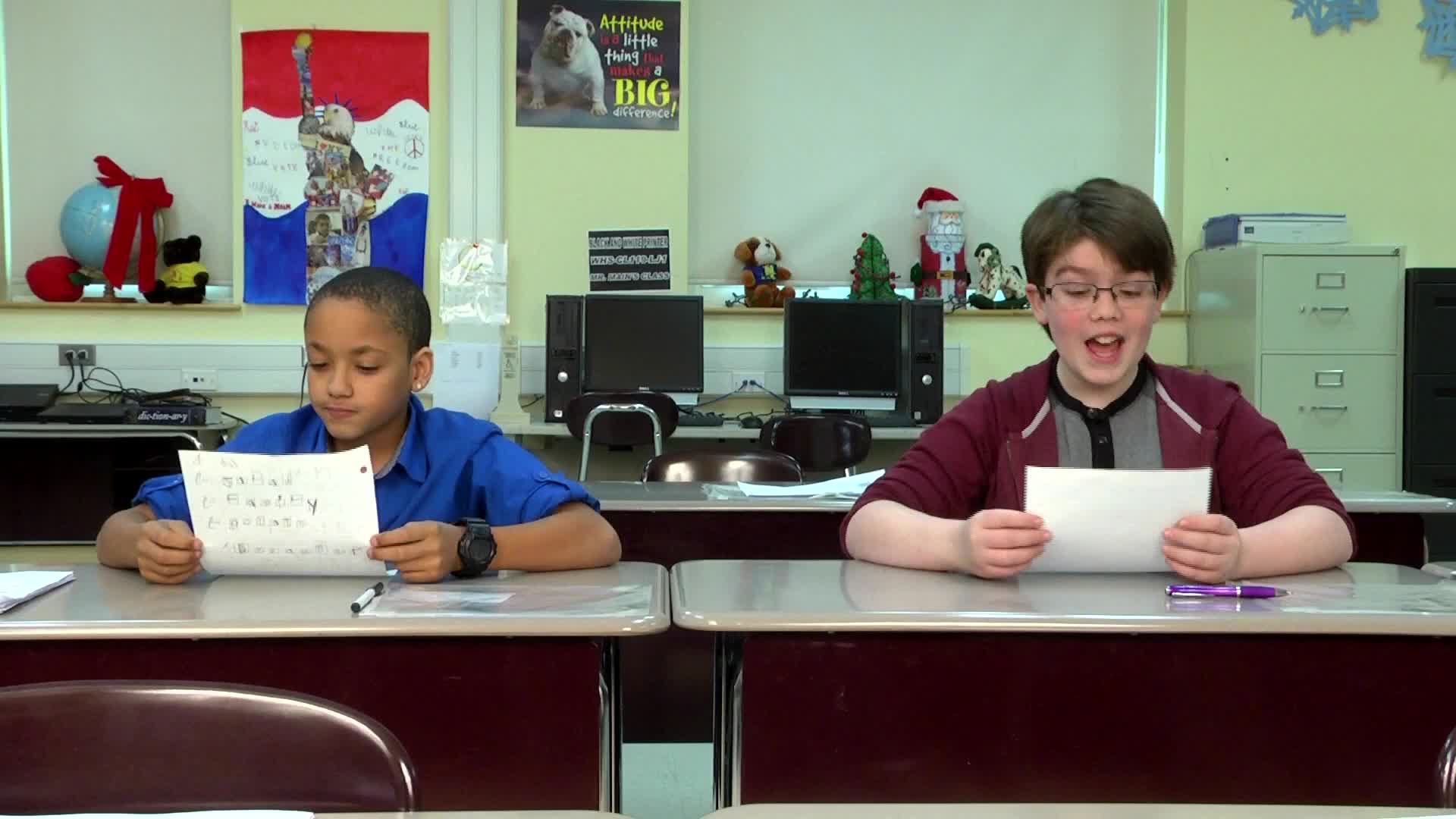In special education, understanding and teaching important social skills like the target skill of apologizing can significantly impact students’ learning, social interactions, and wellbeing. This blog post will guide educators in developing effective IEP goals for this crucial skill.
Understanding the Apologizing Skill
Apologizing is a key social skill that involves recognizing when an apology is needed, expressing it sincerely, and considering the feelings of others. A genuine apology can help students build positive relationships, improve communication, and foster emotional growth.
The Role of Specialists
Various specialists can support the development of the apologizing skill in students:
- Speech-Language Pathologists: Teach students the appropriate tone of voice and non-verbal cues for sincere apologies.
- Social Workers: Facilitate group activities that promote empathy and understanding of others’ feelings.
- Psychologists: Help students recognize situations that require an apology and develop strategies for sincere apologies.
- School Counselors: Provide guidance on conflict resolution and the role of apologies in mending relationships.
IEP Goals for Apologizing Skill Development
Below are some specific SMART IEP goals that can be used to improve the apologizing skill in students:
- Goal 1: The student will recognize situations that require an apology in 4 out of 5 opportunities during role-play scenarios.
- Strategy: Use social stories and role-play activities to practice identifying situations that require apologies.
- Goal 2: The student will demonstrate a sincere tone of voice and appropriate body language when apologizing in 4 out of 5 observed instances.
- Strategy: Teach students about tone of voice and body language through modeling and video examples.
- Goal 3: The student will express empathy and understanding of others’ feelings when apologizing in 4 out of 5 observed instances.
- Strategy: Encourage students to share their feelings and practice active listening during group discussions and activities.
Implementing and Measuring Progress
To effectively implement these IEP goals and measure progress, consider the following tips:
- Collaborate with specialists to provide targeted support for the apologizing skill development.
- Monitor students’ progress through observation, role-play activities, and discussions.
- Adjust strategies and activities as needed to ensure students are making progress toward their IEP goals.
Conclusion
Developing effective IEP goals for the apologizing skill can significantly enhance students’ social interactions and emotional wellbeing. By collaborating with specialists and utilizing appropriate strategies, educators can help students improve this essential skill. We encourage you to apply these IEP goals and explore more resources at Everyday Speech Sample Materials.






